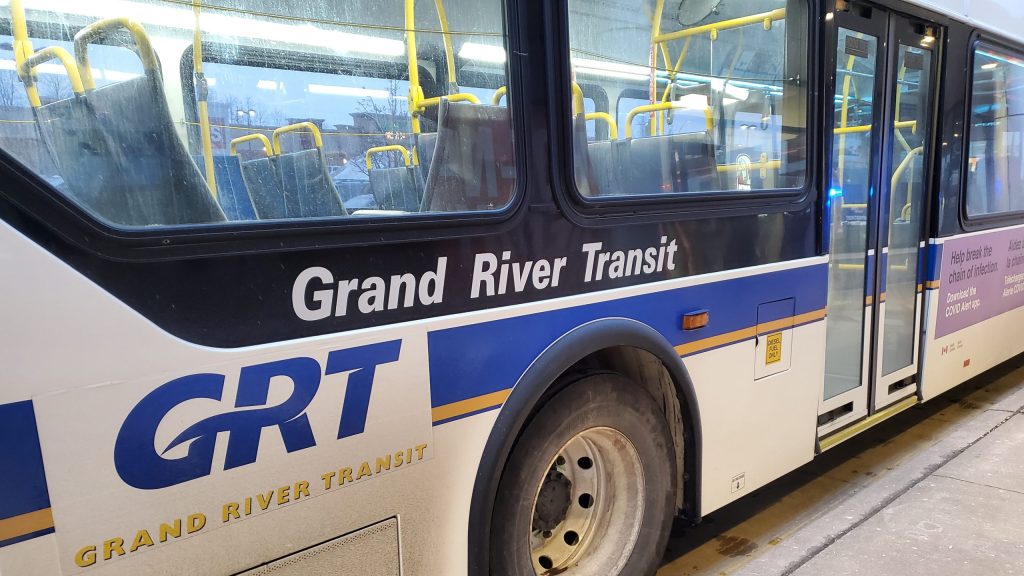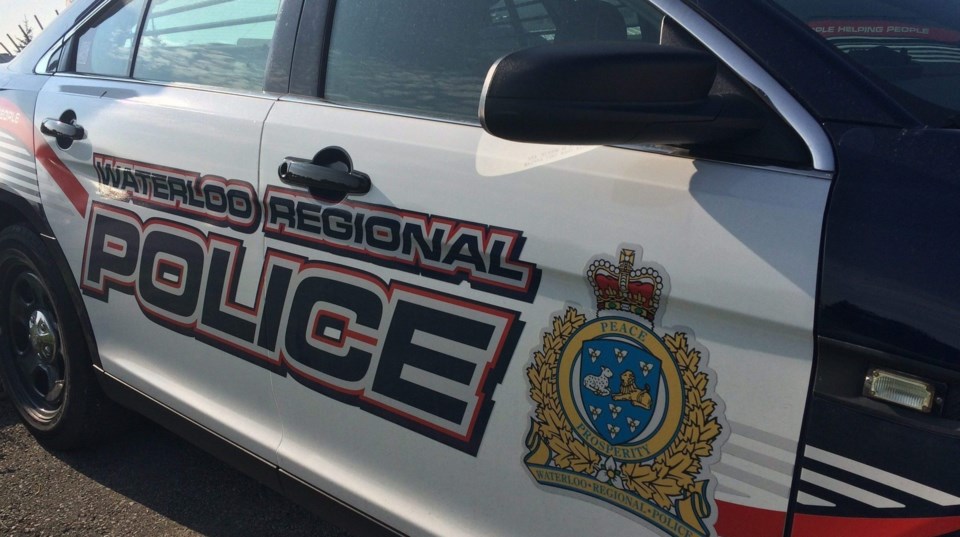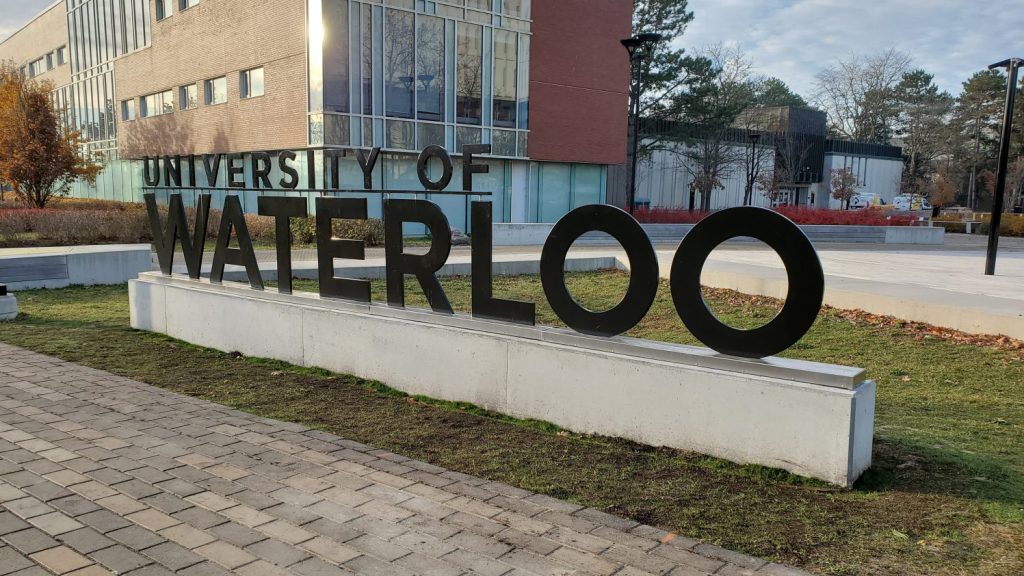Calgary student, 16, takes top research prize for possible cancer therapy advance
Posted Apr 9, 2013 02:02:43 PM.
This article is more than 5 years old.
OTTAWA – A 16-year-old Alberta high school student has taken top prize in this year’s Sanofi BioGENEius Challenge Canada contest with his research into an experimental therapy that uses nanoparticles to kill cancer cells.
Arjun Nair, a Grade 11 student at Webber Academy in Calgary, was awarded the $5,000 honour Tuesday by a panel of Canadian scientists at the National Research Council’s headquarters in Ottawa.
“I’m still in a state of shock,” Nair said in an interview after receiving the award. “I’m just really, really honoured.”
Nair’s project represents an advance in photothermal therapy, which involves injecting a patient with gold nanoparticles. The particles accumulate in tumours, forming so-called “nanobullets” that can be heated to kill cancer cells.
Working with mentors at the University of Calgary, he showed how an antibiotic may overcome defences that cancer mounts against the therapy.
Judges described his research as being of “world class masters- or PhD-level quality,” and also awarded it a special $1,000 prize as the project with the greatest commercial potential. A full project description can be seen online at http://bit.ly/12i4QIP.
“The idea that a kid’s idea can be transplanted into the real world and that those ideas can be potentially down the road save the lives of people, that’s a very exciting thought for me to have,” enthused Nair. “And that’s what’s really pushing me forward.”
The teen, who hopes to become a medical doctor and also conduct research, was one of 11 students aged 16 to 18 who took part in the national finals.
The students had each captured first-place honours in nine regional BioGENEius competitions, winnowed down from more than 200 students across the country who collaborated on 123 projects and were mentored in professional labs over several months.
“To be chosen out of this really esteemed group of individuals is really an honour,” Nair said of his fellow finalists. “Because all of the projects are breathtaking, they’re innovative, they’re just downright awesome.”
The other winners are:
—Selin Jessa, 17, Grade 12, Dr. Charles Best Secondary School, Coquitlam, B.C., won the $4,000 second-place prize for research into how genetic mutations naturally help some HIV patients escape symptoms.
—Eunice Linh You, 17, Grade 11, Laval Liberty High School, Laval, Que., took the $3,000 third-place award for investigating how to tailor stem cell treatments for Parkinson’s disease.
—Lauren Chan, 17, Grade 12, University of Toronto Schools, won the $2,000 fourth-place prize for describing a potential new therapy to reduce the severity of diabetes.
—Daniel Huang, 16, Grade 11, St. John’s Ravenscourt School, Winnipeg, took home $1,000 for fifth place, awarded for discovering a potential new tactic to fight the world’s deadliest brain cancer.
Honourable mentions, $500:
—Jared Trask, 18, and Kaitlyn Stockley, 17, Grade 12, Holy Spirit High School, Conception Bay West, NL., who for the second consecutive year won the Atlantic region competition by proving novel ideas for creating biofuels.
—Adamo Young, 16, Grade 11, Lisgar Collegiate Institute, Ottawa, who found that altering its nitrogen supply appears to tame a toxic fungus that ruins billions worth of grain worldwide.
—Melanie Grondin, 17, Shawn Liu, 18, Vincent Massey Secondary School, Windsor, Ont., who found a marker in medicine’s quest for the holy grail of leukemia treatments — limitless supplies of healthy stem cells.
—Saruul Uuganbayar, 17, Grade 12, Centennial Collegiate, Saskatoon, who invented a molecular therapy for mutated cells with the dream of curing cancer.
Nair and runner-up Jessa will compete for Canada at the International BioGENEius Challenge, April 22-23 at the annual BIO conference in Chicago.
Since 1994, about 4,500 young Canadians have competed in the BioGENEius challenge, which has inspired sister competitions in the United States and Australia. The initiative has several sponsors, including Sanofi Canada, the National Research Council Canada and York University.
“This is a 20-year partnership,” said Sanofi Canada CEO Jon Fairest. “And it’s a true partnership between government health institutions and universities and clearly us, with industry, to try to develop the next generation of researchers that hopefully will keep Canada on the map in terms of innovation and research.
“When you sit in a room with these 16- and 17-year-olds and listen to what they’re uncovering, what they’re working on, it’s pretty phenomenal.”
— By Sheryl Ubelacker in Toronto










